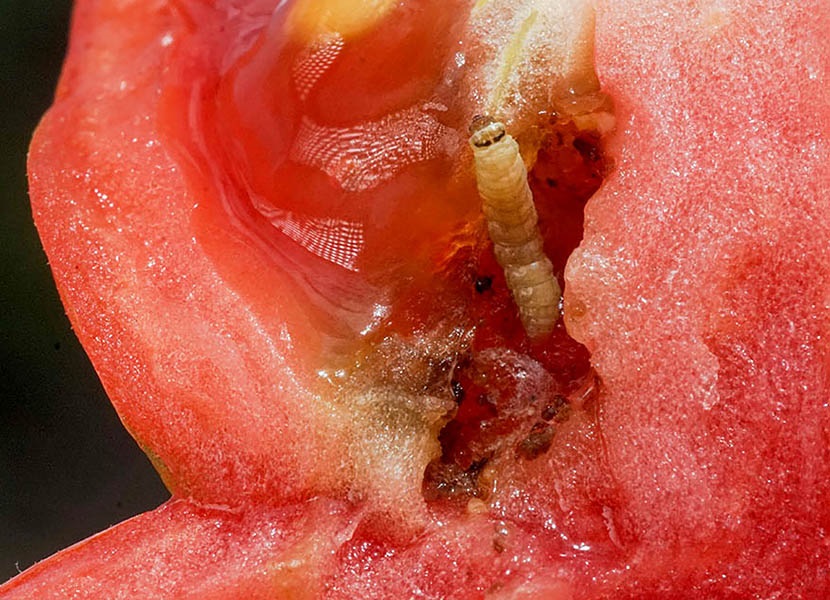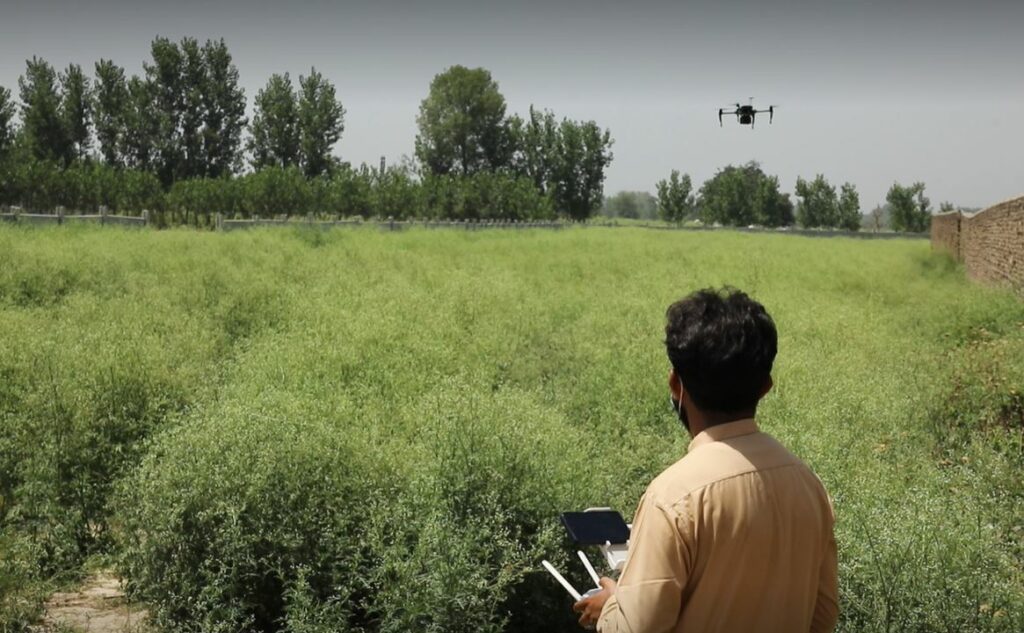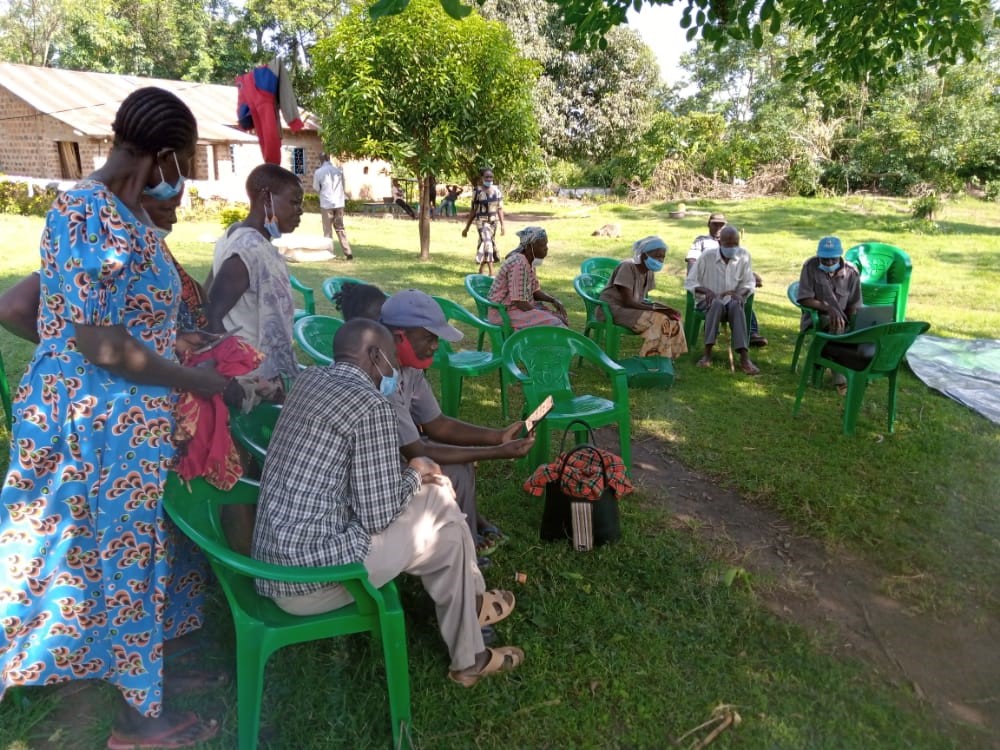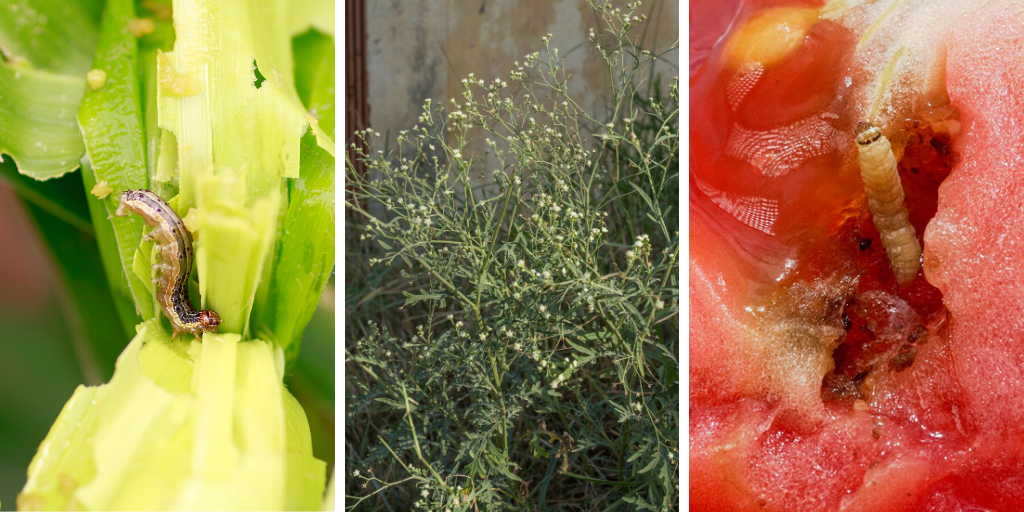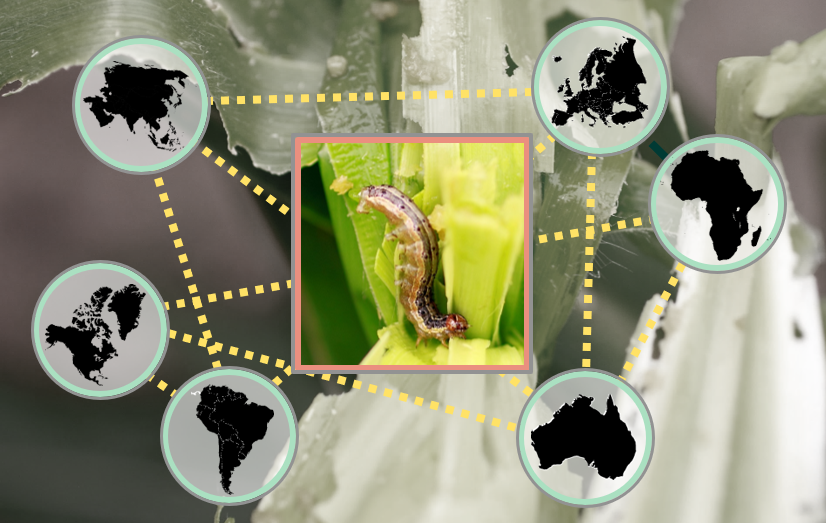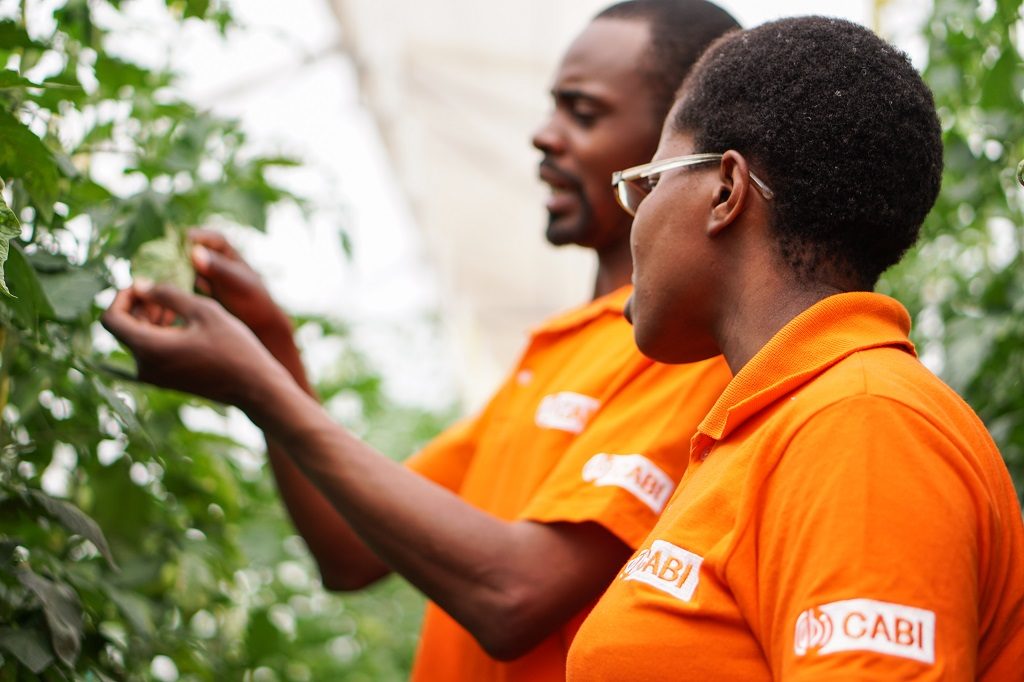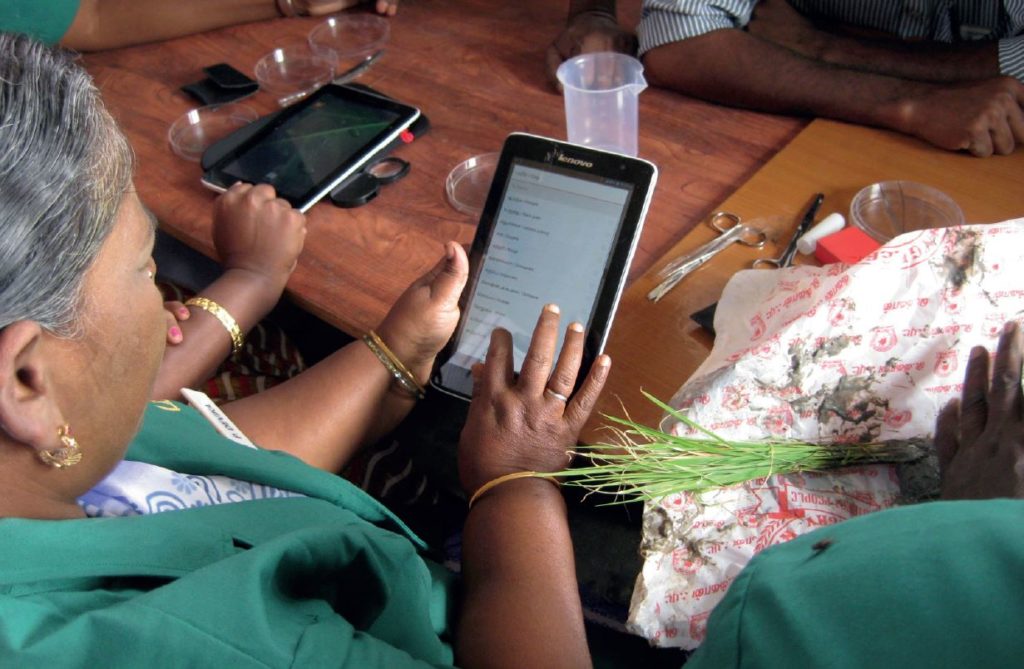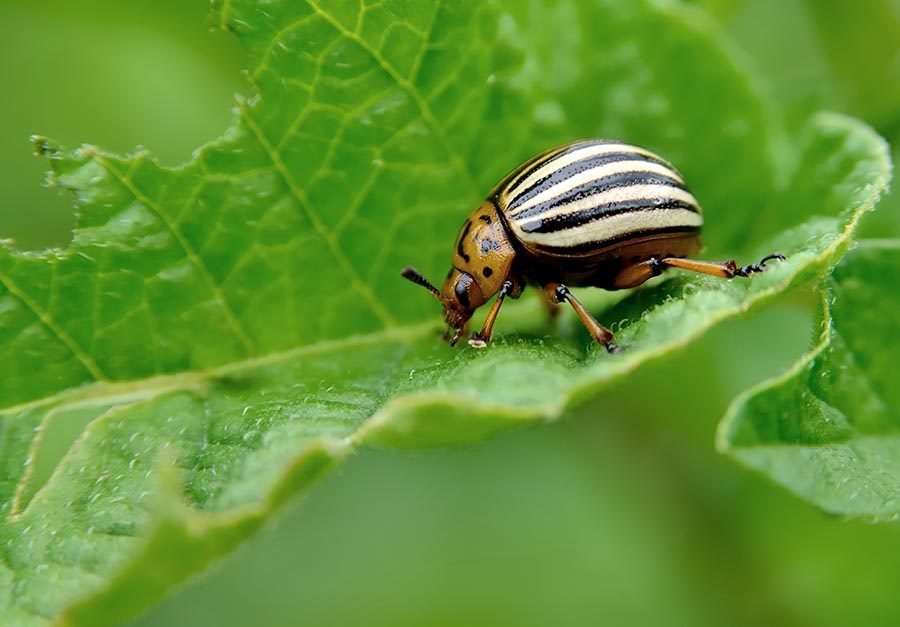Remote sensing of highly invasive Parthenium weed in Pakistan
Parthenium is a highly invasive plant species. It threatens agricultural productivity, biodiversity, and human and animal health wherever it takes root. In Pakistan, it’s called famine weed because of its devastating impact on crop yields and livelihoods.
Using online workshops to ensure the fight against invasive species continues in Pakistan
As the global COVID-19 pandemic continues, CABI is ensuring that efforts to combat invasive species are continuing. The CABI centre in Pakistan organized a one-day online workshop on the development of Pest Management Decision Guides (PMDGs) and Technical Briefs on the invasive pests: fall armyworm, parthenium weed, and Tuta absoluta.
The future of fall armyworm research
As COVID-19 forces more and more people indoors, the challenges facing scientific research do not diminish. If anything, the sudden requirement to maintain a sensible distance between colleagues serves only to highlight the lack of resources currently available to facilitate remote working and collaboration in research circles.
Open Access tools for Open Science
Each year on November 10th, World Science Day for Peace and Development celebrates the significance of science in daily life and the importance of involving the public in scientific developments and debates. This year, the theme for World Science Day for Peace and Development is “Open science, leaving no one behind”. The concept of “Open…


